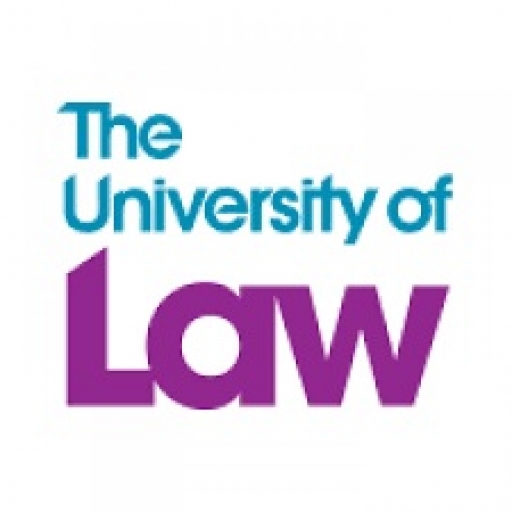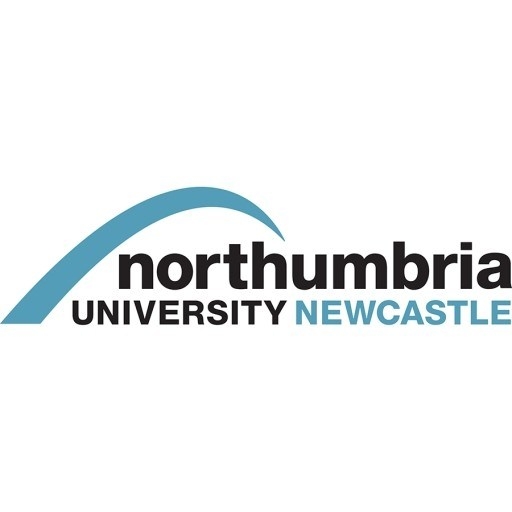Photos of university / #swanseauni
Description:
The BA (Hons) in Communication, Media Practice and Public Relations at Swansea University is a dynamic and comprehensive programme designed to equip students with the essential skills and knowledge required to excel in the fast-paced world of media, communication, and public relations. This intriguing course offers a blend of theoretical understanding and practical application, enabling students to develop a deep insight into the ways media impact society, the role of public relations, and effective communication strategies across diverse platforms. Throughout this programme, students will explore core modules such as media theory, digital communication, media ethics, strategic public relations, and media production techniques. These modules are carefully integrated to foster critical thinking, creativity, and professional skills essential for careers in media industries, corporate communications, advertising, and public relations agencies. Swansea University’s commitment to practical learning is reflected in opportunities for work placements, industry projects, and workshops led by experienced practitioners, ensuring that students graduate with relevant experience and confidence. The programme also emphasizes the importance of digital literacy, social media engagement, audience analysis, and the ethical considerations involved in media and communication practice. By engaging with contemporary issues and real-world case studies, students will develop the ability to create compelling content, manage media campaigns, and build effective communication strategies. The BA in Communication, Media Practice and Public Relations prepares graduates for diverse roles in media organizations, marketing departments, PR firms, NGOs, and government agencies. The course is delivered by a passionate team of academics and industry professionals dedicated to fostering innovative and responsible communication practices. With access to state-of-the-art facilities, a vibrant campus life, and active links with industry partners, students will benefit from an enriching academic environment that encourages both personal and professional growth. Upon graduation, students will be well-positioned to contribute to the evolving landscape of media and communication, making meaningful connections between theory and practice in a global context.
Compulsory Modules
- Video and Documentary Making
- Visual Communication and Media Design
- MA Project and Dissertation Preparation
- PR, Branding and Promotion
Optional modules
- The Digital Revolution
- The Digital Edge: Contemporary Issues and Trends
- The Business and Politics of Digital Media
- Global Media
- Comparative Journalism
- Risk Reporting
- Terrorism, Conflict and The Media
- Professional and Promotional Writing
- Digital Journalism Portfolio
The typical entry requirement is a first degree, normally a lower second (average 55 per cent) or above or equivalent professional experience. Overseas students are expected to possess an IELTS score of 6.5.
How You're Taught
The full-time MA course is split across the year with three modules offered in each academic semester (a total of six modules in part one) and then a dissertation or professional media practice project over the summer (part two).
The part two component allows students to either write a 16,000 word dissertation or undertake the professional media project which incorporates the practical elements of the course and a short unpaid work placement.
The Financing Studies for the Communication, Media Practice and Public Relations program at Swansea University typically encompass a range of funding options available to both domestic and international students. Tuition fees for UK students are set annually and are outlined on the university's official website, with the current figure approximately £9,250 per year for undergraduate programs. International students are generally expected to pay higher tuition fees, which may be around £16,000 to £18,000 annually, depending on the specific course and intake. These fees cover access to lectures, online resources, library services, and other academic facilities.
Students are encouraged to explore various funding sources, including government-backed student loans, scholarships, bursaries, and grants. For UK students, government loans provide the opportunity to borrow funds to cover tuition fees, which are repaid after graduation once earning above a certain income threshold. Swansea University offers a range of scholarships and bursaries based on academic merit, financial need, or specific criteria such as country of residence or subject interest. Some international students may be eligible for scholarships that reduce tuition fees significantly or provide living cost support.
In addition to tuition fees, students should consider the costs associated with living expenses in Swansea, including accommodation, food, transportation, and study materials. The university provides estimates for these costs, typically ranging from £9,000 to £12,000 annually, depending on accommodation choices and lifestyle. Students can access various student finance options, including part-time work opportunities within the university or city, to supplement their income during studies.
Students are advised to consult the university’s official finance and funding pages for detailed, up-to-date information about fees, scholarships, and funding applications. International students should also explore specific visa-related financial requirements, including proof of funds to cover tuition fees and living costs. Swansea University provides support services to assist students in navigating financial planning and applying for suitable funding sources. Overall, financing studies at Swansea University involves a combination of tuition fees, personal savings, external funding, and possible income from part-time employment, ensuring students can manage their financial commitments throughout their period of study.
Careers and Employability Swansea Employability Academy (SEA) will support you at each stage of your career journey helping you build a bright future.
Our career support services include:
- Employability workshops, employers’ talks, bespoke events and careers fairs
- Individual advice and guidance from professionally qualified Careers Advisers
- Help with finding jobs, internships, work placements and volunteering opportunities
- Access to information resources on a wide range of career management topics
- Funding to support student internship opportunities and Student Society/Club events.
We also provide help and advice for Swansea University Alumni up to two years after you graduate.







